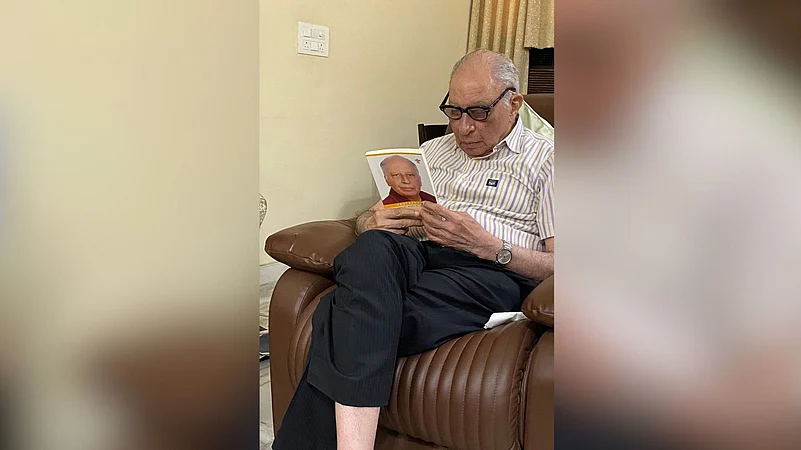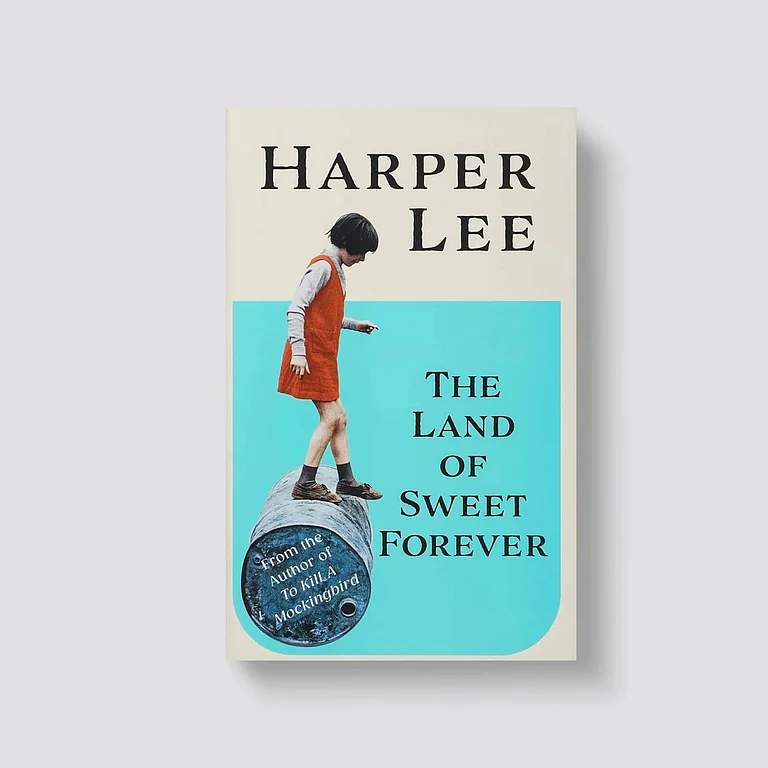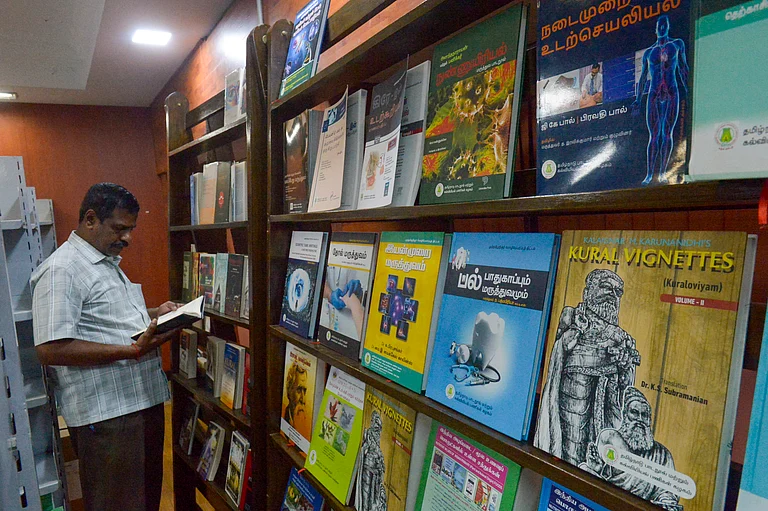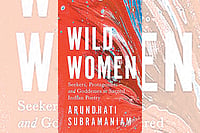The gentle poet and the astute social commentator, Keki N. Daruwalla, passed away on September 26, 2024 in New Delhi. His last book of fiction was titled Going: Stories of Kinship (2022), a striking collection on the theme of departure, drawn from a range of contexts in colonial as well as post-colonial India. Soon after this book was published, Keki was taken ill and did not recover enough to write again. Today, as I turn to a sentence such as “The evening had moved in on him almost unsuspectingly, grey cloud leading to grey drizzle”, I wonder if Keki had a premonition of some ominous occurrence that would be life changing. He had chosen lines from Maya Angelou for the epigraph “I believe that one carries the shadows, the dreams, the fears and the dragons of home under one’s skin”. This was a rather different, sombre mood from his usual buoyant one, arising perhaps from the pandemic, during which he compiled his last book of poems Landfall (2023), remembering the plague, the Black Death and other phases of mass extinction.
I knew Keki Daruwalla for more than thirty years and I had met him first as a short story writer and novelist. The iconic story “Love across the Salt Desert”, with lovers crossing the Pakistan-India border at the Rann of Kutch, was prescribed reading material in the curriculum of the University of Delhi where I was a lecturer. I knew of Keki Daruwalla’s fame as a poet—he had been bestowed the Sahitya Akademi Award in 1984 for his poetry collection, The Keeper of the Dead, and he received the Commonwealth Poetry Prize for Asia in 1987. His being an officer in the Indian Police Service made this even more glamorous. I met a quiet and thoughtful, most gracious person—none of the ego of a renowned writer or a bureaucrat. And we remained good friends since then, exchanging thoughts on literature and life, attending book events, sharing an occasional meal or simply ambling along in the park at Greater Kailash.
Away from these personal reminiscences, a few signposts of Keki Daruwalla’s literary career are important to mention. His first book of poetry Under Orion was published by Writers Workshop in 1970; he had fond thoughts of Prof. P. Lal and Calcutta and would happily joke about cultural stereotyping. I quote Keki’s response from an interview, “People have a mistaken view that you have to be born in Calcutta or Trinidad to be reckoned a novelist. I never heard that mishti doi and sandesh helped trigger the imagination.” (September 28, 2018 |Gateway Lit Fest News). As a poet, Keki gained immense fame, and was a prolific writer. The volume titled Naishapur to Babylon (Speaking Tiger, 2018), offers selections from 2005-2017, with a brilliant Introduction by poet and spiritual seeker, Arundhathi Subramaniam in which she says, “The birds may be migrating towards newer myths. But their gaze remains keen, their wing span formidable. Vigorous and powerful, the poems of Keki Daruwalla continue to take wing.”
My own favourite are the lines:
Migrations are always difficult:
ask any drought,
any plague;
ask the year 1947.
Ask the chronicles themselves:
if there had been no migrations
would there have been enough
history to munch on?
Keki’s interests were wide and covered large swathes of history, politics, geography, specially the evolution of cultures from the ancient sites of Greece and Babylon. While the poet wrote in images and cryptic lines, the novelist and short story writer in Keki built charming, troubling and engaging stories around such themes. I had the honour of writing the Foreword to his story collection Daniell Comes to Judgement (2016) and compared him to the Egyptian novelist Naguib Mahfouz due to their belief in attaching value, and social critique to the ingredients of storytelling. I have always felt that Keki’s fictional works didn’t receive the literary attention they deserved. Novels such as Ancestral Affairs (2015) and Swerving to Solitude: Letters to Mama (2018) carry vivid and authentic portraits of colonial India using archival material to high effect. His final book Going, has the evocative novella “The Brahmaputra Trilogy” about racial discrimination and revenge. In several of the later works, Keki Daruwalla also turned towards enquiring into the Parsi identity and Zoroastrian heritage, the story “Daughter” being one such.
In 2014, Keki N. Daruwalla was awarded the Padma Shri, and friends across the world celebrated the recognition given to this self-effacing, discipled and inspired writer. Keki, he remained the gentle, courteous person, mentoring young scholars with hours of conversation, the friend who showed up at our book events, the generous host who brought visiting writers to meet the local ones. Few knew of his devotion to Urdu poetry which he would recite occasionally. He had also aspired to write a playscript. His humanness remains the legacy of this great writer who opened new horizons in Indian Writing in English. The eternal question mark leads us to new discoveries through Keki Daruwalla's words:
Doubt doesn’t clear the brain but corrodes.
the future, will it float?
Or go down? The coming years are bands across the eyes. (Landfall, 2023)
(Prof. Malashri Lal, writer and academic with twenty-one books to her credit. She retired as Professor, English Department, University of Delhi. Her specialisation is Indian Literature in English, Indian mythology, and women’s studies. )

























